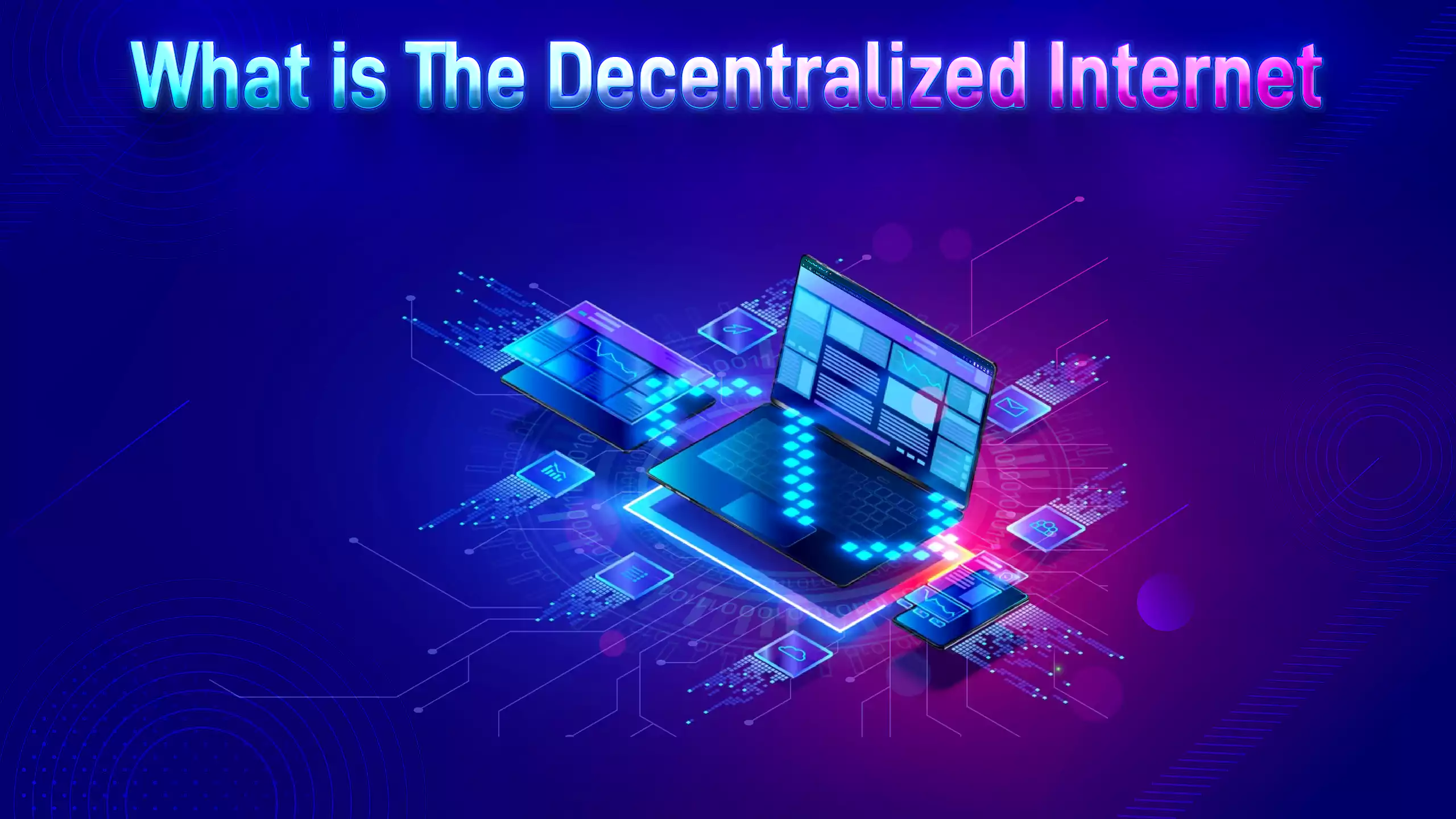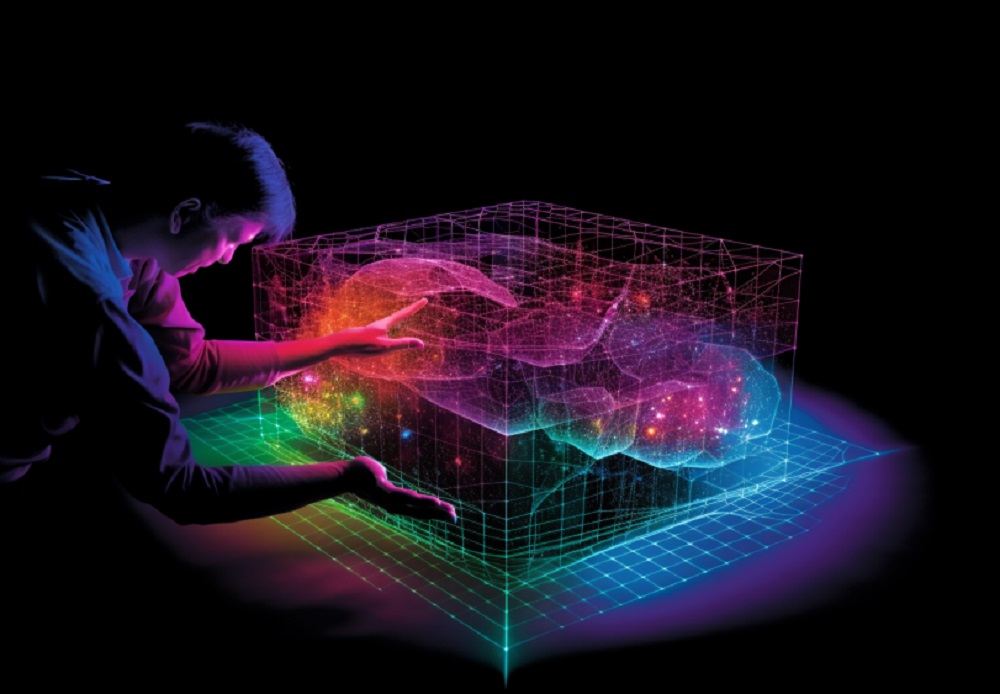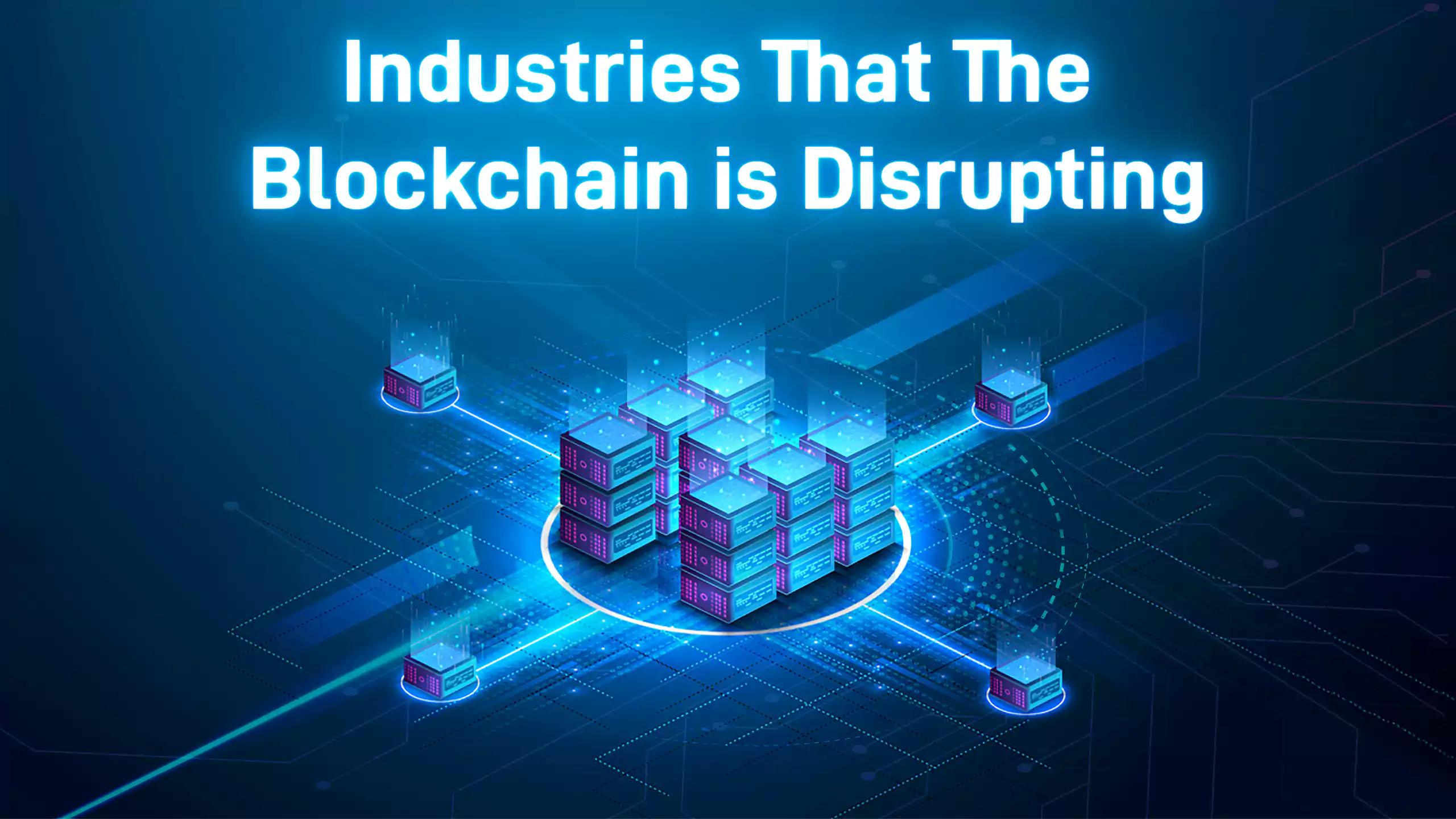The movement from concentrated to dispersed production methods and consumption of products and services is decentralization. Before this time, methods of operations had been stiff and one-directional as businesses, organizations, and every kind of transaction required a central body to interface with.
However, the new system of decentralization that has swung in the last few years has not only been disruptive but is strutting on fine along its way to user liberation and overall systems efficiency. The decentralized internet is an individual-led network driven by users themselves and without the need for a hosting body to be in charge. Decentralized applications allow the management, access, and ownership to be distributed across multiple nodes in a network. Clients from any part of the world can access these kinds of nodes.
A centralized internet system is a single body network with access to the multi-domain network and resource state. These networks are controlled from a central location and are often not secure as privacy cannot be ensured. The head of centralized platforms that people use may opt to make it simple to get information on their clientele.
It is also feasible to influence people's online decisions by using the information offered inadvertently by them when they surf the internet. In addition, despite the ease with which the centralized internet system may be set up and reconfigured, it faces the risk of failure if the primary servers become corrupted.
For example, because of a single server system failure at Facebook, more than 3.5 billion people got cut off from one of the world's most successful and widely used data storage, communication, and information exchange platforms. Compared to a decentralized network, a centralized network is significantly easier to hack. Networks with many nodes that support various operating systems offer more robust protection, and therefore, the decentralized internet provides more security and fairness than centralized networks.
For instance, Filecoin, a platform built on the decentralized internet, enables anyone to rent out their computer's extra storage space, making it an innovative solution. Filecoin is an open-source cryptocurrency and digital payment system that aims to be a unified digital data storage and retrieval solution based on blockchain technology. As a novel interplanetary file system created by Protocol Labs, the initiative was launched in August 2017 and raised over $200 million within 30 minutes. The coin's mainnet was later launched in October 2020.
What Does the Internet of Things mean?
The Internet of Things (IoT) refers to a network of physical "things" integrated into the software, sensors, and other technologies for connecting and sharing data between devices over the internet. Smart refrigerators, smart fire alarms, smart bicycles, and medical sensors are examples. What has this to do with a decentralized internet? A growing number of tech companies are considering using blockchain platforms to bring decentralization to the Internet of Things. The blockchain is a public ledger for digital assets that enables total decentralization.
Blockchain technology in IoT enables IoT networks to deal with scale issues, allowing billions of networks to share the same network without requiring additional resources. It also solves the problem of vendor conflict of interest by establishing a standard in which everyone has the same stakes and rewards. Combining IoT and blockchain also opens up the idea of a circular economy and asset liquefaction. Resources can be distributed and used instead of being purchased once and then discarded. It also allows for the use of decentralized Finance (DeFi).
Decentralized finance, commonly known as DeFi, is an alternative to traditional banking that only operates on the blockchain. DeFi has to do with decentralized financial applications (dapps), like Uniswap and Curve Finance, allowing various parties to execute digital transactions such as lending, sending, or investing in cryptocurrency. DeFi, fundamentally, occurs without the intervention of a central authority like banks or other traditional financial institutions. The DeFi finance industry, which was virtually non-existent only a few years ago, has evolved into a multibillion-dollar industry.
What is Decentralized IoT?
Using a decentralized, peer-to-peer paradigm to process the hundreds of billions of transactions between devices will reduce installation costs and the costs associated with substantial centralized data centers. This will aid in the distribution of computing and storage requirements across billions of IoT devices and prevent the network from collapsing if a single node fails.
On the other hand, peer-to-peer connections provide their own set of issues, the most significant of which is security, as IoT security encompasses far more than just the protection of sensitive data. To retain high degrees of privacy and security in massive IoT networks, the ideal decentralized solution must maintain high levels of decentralization.
How the Decentralized Internet Works
As pictured above, a decentralized internet system requires a peer-to-peer network based on a community of users as its foundation. Instead of a set of more powerful servers, the connected network of devices hosts the internet.
It does so so that each site is distributed across multiple nodes on various devices, eliminating the risk of a single server being brought down by a distributed denial of service (DDoS) attack, for example, or any other malicious attack. The blockchain is the best-decentralized internet technology so far.
However, decentralized internet comes with its own disadvantages. First, its autonomous features make it difficult to coordinate, and could hinder uniformity. Secondly, decision-making would take a long time since many stakeholders are involved. This could also slow down the progress of the internet community. High energy consumption is another issue to grapple with as the multitude of users needs the energy to perform a task on the network.
Conclusion
Much can be achieved on the decentralized internet as this system puts the power into the hands of users themselves, increasing creative potential and mass adoption, which translates to expedient economic results. A decentralized system gives users the whole experience, allowing them to complete visibility and control over where their data is stored and used. It also allows them to participate in reporting faults, making necessary improvements, and creating solutions. The space is still developing, and many more technologies are waiting to be discovered.






